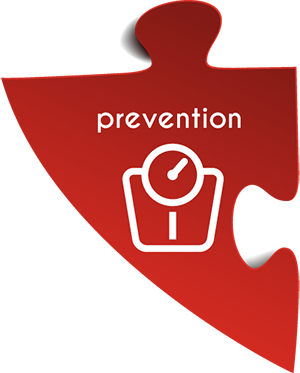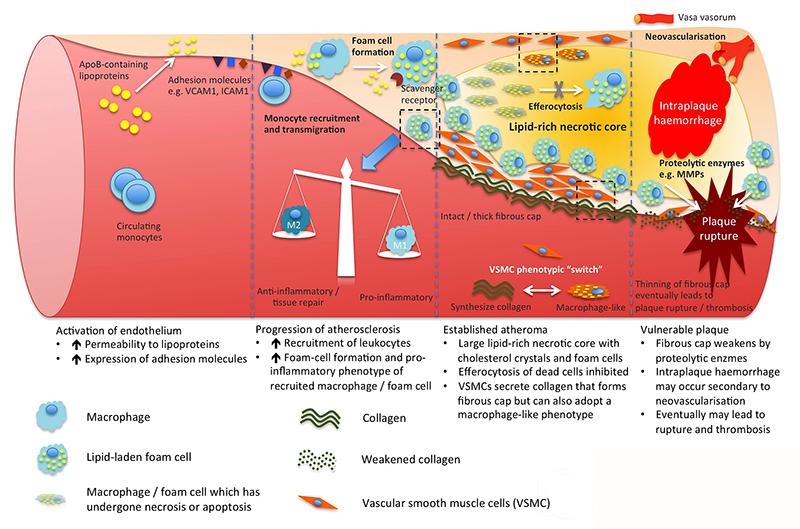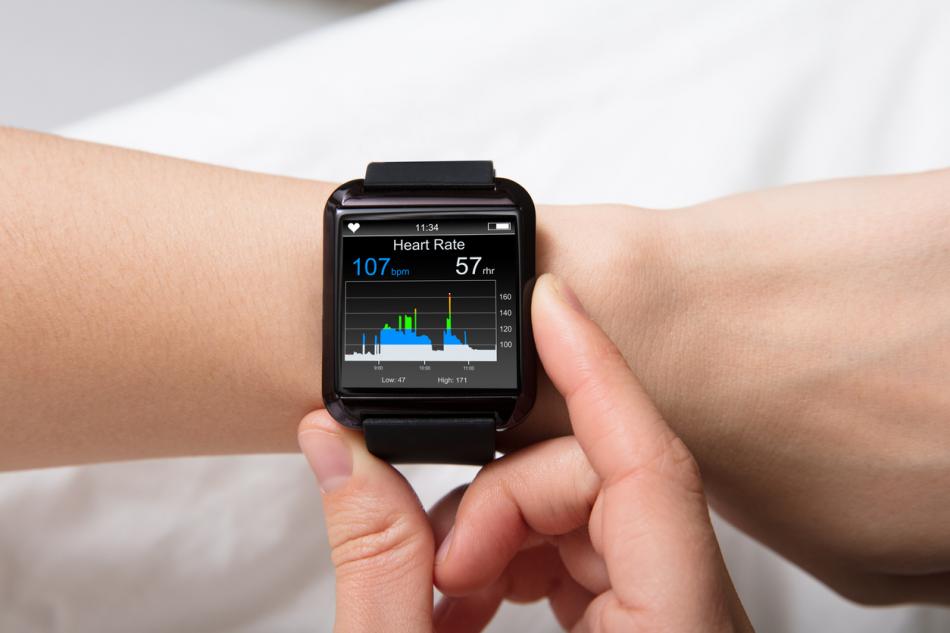Why is preventive cardiology important?
A significant proportion of cardiovascular disease could be preventable. Simple measures such as screening blood test for lipid profile, diabetic control, blood pressure and heart rhythm surveillance could play an important role to save lives and prevent cardiovascular comorbidities.
Blood pressure
High blood pressure (hypertension) does not cause any symptom for the vast majority of people. In fact, as much as 5 million adults in the UK have undiagnosed high blood pressure according to the British Heart Foundation. High blood pressure, if untreated, can lead to heart and circulatory disease like heart attack and stroke. It also cause chronic kidney disease, potentially even heart failure over a long period of time. In some individuals, it could lead to problem affecting eye-sight and increase the chance of having vascular dementia later in life.
Hypertension is common from middle age onwards. Many factors contribute to the development of hypertension including a number of lifestyle factors:-
- alcohol
- smoking
- being overweight
- lack of exercise
- diet
In a smaller number of people, particular in those who develop hypertension at a younger age, sometimes hypertension can be caused by important endocrine, kidney, or even malignant conditions. Doctors call this "secondary hypertension" - these will sometimes require urgent investigation and prompt treatment.
Lipid management
The correlation between serum cholesterol (especially low-density lipoprotein LDL-cholesterol) and future cardiovascular event has been established for many decades. Again, for the majority of people, high cholesterol level in the blood does not cause any symptom.
Most people would have heard of LDL cholesterol - but this is in fact just one facet of the full lipid profile, which also includes the "protective" HDL cholesterol, and the often neglected component of triglycerides. It is therefore important to get a handle on the full lipid profile in the blood to guide our preventive strategy.
Needless to say, LDL cholesterol contributes to the build up of fatty deposit inside our arteries in a process known as atherosclerosis. It can affect a wide range of different body system - if our heart arteries are affected, this could lead to chest pain / angina or even heart attack; likewise, if the arteries supplying our brain are affected, this could lead to stroke or make vascular dementia more likely later in life. Careful monitoring and control by our experts is therefore highly recommended.
Detection of diabetes and control
Diabetes changes how our immune system modulates the process of atherosclerosis (see earlier). The diagnosis of diabetes also has an impact of how doctors may advice treatment of heart artery disease. In addition, since the presence of diabetes alters the overall cardiovascular risk profile, the threshold for BP and lipid control may also need adjustment.
Heart rhythm (AF) surveillance
The British Heart Foundation estimates that up to 1.4 million people in England alone may have atrial fibrillation (AF), yet almost a quarter of these may be unaware they have the condition. This is more prevalent in the elderly - with up to 1% of >65 years and up to 10% >85 years may have AF without knowing. Without heart rhythm surveillance and screening, it is difficult to pick up AF. This is very important, because undetected, and untreated, AF potentially carries a significant risk of future stroke.
We now have a wealth of health devices and even wearable technology that will help us pick up abnormal heart rhythm. Some home blood pressure monitor can pick up suspicious heart rhythm irregularities. We also have the now famous Apple Watch that could pick up AF. The key challenge is the correct interpretation and confirmation of any suspected arrhythmia - and this is where our experts at CardioQinetics can help.
Dr Chai has written a recent blog post on the advance of wearable technology.
Lifestyle advice
The molecular clocks that control circadian rhythms are being revealed as important regulators of physiology and disease. In humans, circadian rhythms have been studied extensively in the cardiovascular system. Many cardiovascular functions, such as endothelial function, thrombus formation, blood pressure and heart rate, are now all known to be regulated by the circadian clock. Additionally, the onset of heart attack, stroke, arrhythmias and other adverse cardiovascular events also show circadian rhythmicity.
Doctors are now increasingly aware of the importance of lifestyle medicine in cardiovascular health. Many of these "softer" factors, in turn, affect hard cardiovascular risk factors of blood pressure, diabetes and lipid control, etc. via sleep and diurnal eating habits. Our philosophy from prevention to rehabilitation will encompass a holistic approach to cardiovascular health.
In the above blog post written by Dr Chai, he has provided fascinating insight into the world of sleep medicine. Further reading on other sleep technology on here.




